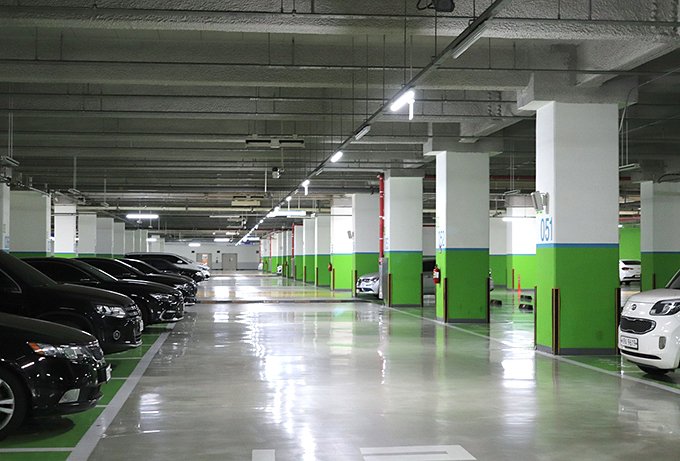Jun 25, 2024
How to Deal with Hotel Overbooking
Hotel overbooking can be a frustrating experience for travelers, but it’s not uncommon in the hospitality industry. When a hotel oversells its rooms, guests may find themselves without accommodations despite having a confirmed reservation. In this guide, we’ll explore how to effectively deal with hotel overbooking and minimize the impact on your travel plans. Let’s navigate through these unexpected challenges together.
Understanding Hotel Overbooking
Hotel overbooking occurs when a hotel accepts more reservations than it has available rooms. This practice is a common strategy used by hotels to maximize occupancy and minimize revenue loss due to cancellations and no-shows. While overbooking can help hotels maintain high occupancy rates, it can also lead to inconvenience for guests when more guests show up than anticipated.

Confirm Your Reservation in Advance
Before your trip, it’s essential to confirm your hotel reservation to ensure that it’s still valid. Contact the hotel directly via phone or email a few days before your arrival to reconfirm your reservation details, including the dates of your stay and room type. This proactive step can help you avoid any surprises upon arrival and allow the hotel to address any potential issues in advance.
Arrive Early and Check-In Promptly
Arriving early and checking in promptly can increase your chances of securing a room in the event of overbooking. Hotels typically prioritize room assignments based on check-in time, so arriving early can put you ahead of other guests who may arrive later. If you’re delayed or anticipate a late arrival, be sure to notify the hotel in advance to avoid losing your reservation.
Be Prepared for Compensation Offers
In the event of overbooking, hotels are generally required to compensate affected guests for the inconvenience. Compensation may include complimentary upgrades to higher room categories, vouchers for future stays, discounts on current or future bookings, or reimbursement for alternative accommodations at a nearby hotel. Be prepared to negotiate with the hotel staff and advocate for fair compensation based on the inconvenience you’ve experienced.
Remain Calm and Courteous
Dealing with hotel overbooking can be stressful, but it’s essential to remain calm and courteous when interacting with hotel staff. Remember that front desk employees are often the first point of contact for frustrated guests and may be limited in their ability to resolve the situation immediately. Express your concerns politely and respectfully, and work together with the hotel staff to find a satisfactory solution.
Explore Alternative Accommodations
If the hotel is unable to accommodate you due to overbooking, it’s essential to explore alternative accommodations nearby. Ask the hotel staff for recommendations or assistance in finding alternative lodging options in the area. In some cases, the hotel may arrange for transportation to a nearby hotel or provide assistance with booking alternative accommodations.
Request Compensation for Additional Expenses
In addition to compensating you for the inconvenience of overbooking, hotels may also reimburse you for any additional expenses incurred as a result. Keep track of any expenses related to alternative accommodations, transportation, meals, or other necessities, and request reimbursement from the hotel. Provide receipts or documentation to support your claim, and negotiate with the hotel staff to reach a fair resolution.
Follow Up and Provide Feedback
After resolving the issue of overbooking, it’s essential to follow up with the hotel to ensure that any promised compensation or arrangements are fulfilled. If you’re satisfied with the resolution, express your gratitude to the hotel staff and provide feedback on your experience. If there are any unresolved issues or areas for improvement, communicate them constructively to hotel management or through online reviews.
Consider Joining a Loyalty Program
Joining a hotel loyalty program can provide added benefits and perks, including priority room assignments, upgrades, and special offers. If you frequently travel and stay in hotels, consider signing up for a loyalty program with your preferred hotel chain. Loyalty program members may receive preferential treatment in the event of overbooking and have access to exclusive rewards and privileges.
Conclusion
In conclusion, dealing with hotel overbooking can be a challenging experience, but it’s important to approach the situation calmly and proactively. By confirming your reservation in advance, arriving early, and remaining courteous when interacting with hotel staff, you can increase your chances of securing accommodations despite overbooking. Be prepared to negotiate for fair compensation, explore alternative lodging options if necessary, and follow up to ensure that any promised arrangements are fulfilled. With patience, flexibility, and effective communication, you can navigate hotel overbooking and minimise the impact on your travel plans.
More Details








